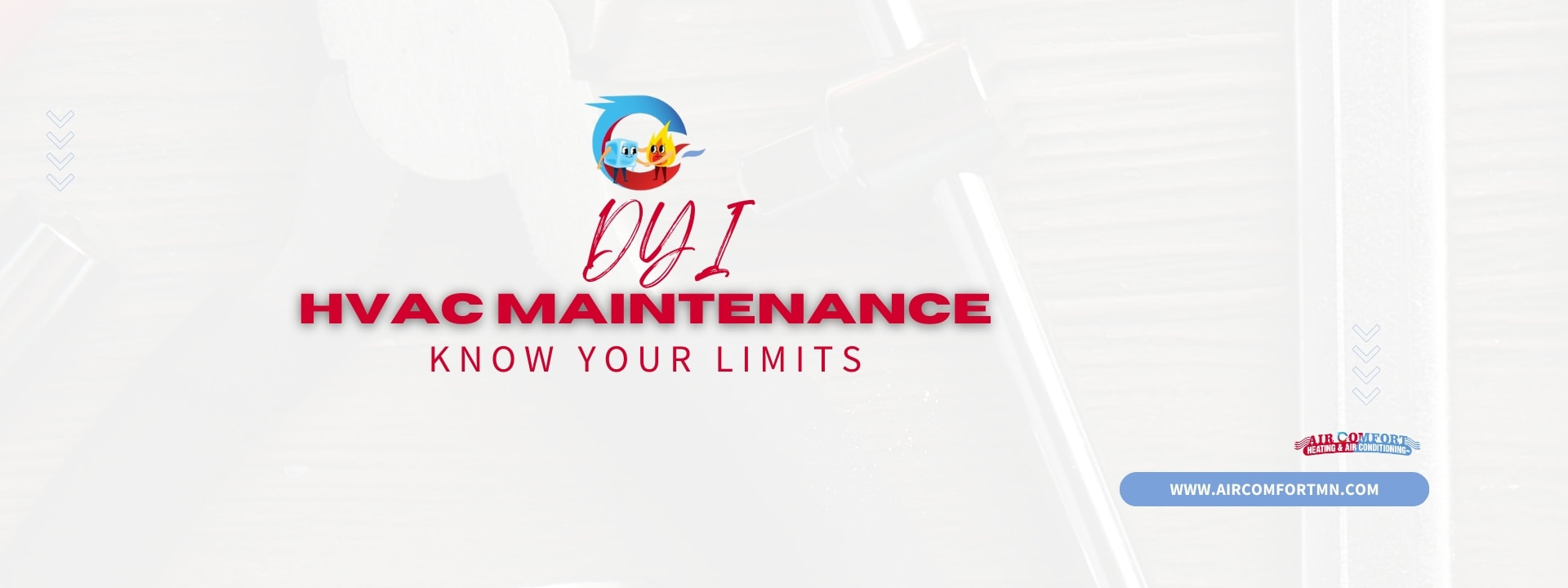|
DIY HVAC Maintenance: What You Can and Can't Do - Guidance from Air Comfort
Maintaining your HVAC system is crucial for its longevity and efficiency, especially in Minnesota's variable climate. While professional maintenance is recommended, there are several things homeowners can safely do themselves to help maintain their system. However, it’s also important to understand the limitations of DIY to avoid damaging your system or putting yourself at risk. Here’s what you can and shouldn't do: What You Can Do:
What You Shouldn't Do:
0 Comments
Leave a Reply. |
AuthorVarious. Archives
July 2024
Categories
All
|
CALL NOW: 763-753-6623
Privacy Policy l Cookie Policy l Conditions of Use l Notice and Take Down Policy l Website Accessibility Policy
© 2024 The content on this website is owned by us and our licensors. Do not copy any content (including images) without our consent.
Website managed by Go Savvy Social
Privacy Policy l Cookie Policy l Conditions of Use l Notice and Take Down Policy l Website Accessibility Policy
© 2024 The content on this website is owned by us and our licensors. Do not copy any content (including images) without our consent.
Website managed by Go Savvy Social


 RSS Feed
RSS Feed